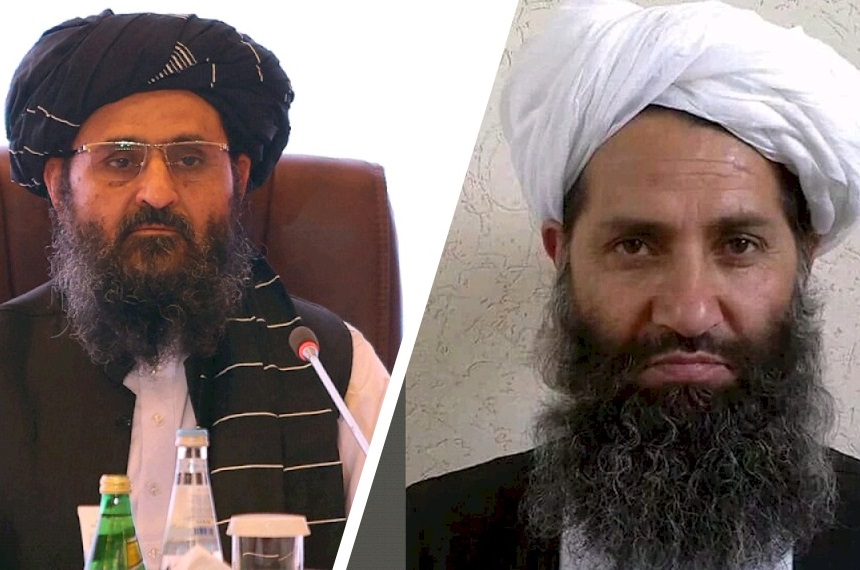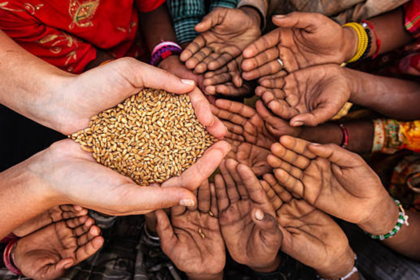RASC News Agency: Amid increasing restrictions on media and foreign aid organizations in Afghanistan, reports indicate that Abdul Ghani Baradar, the Taliban’s Deputy Prime Minister for Economic Affairs, has traveled to Kandahar for discussions with the group’s leader regarding the future of international organizations operating in the country. It was previously reported that Mullah Hibatullah Akhundzada, the Taliban’s supreme leader, had expressed intentions to prohibit or severely limit the activities of foreign aid organizations during a cabinet meeting.
Sources reveal that the Taliban’s most recent cabinet meeting, led by Akhundzada, took place in Kandahar during the second week of Qaws in the current solar calendar year. During this meeting, Akhundzada reportedly advocated for comprehensive restrictions or outright bans on foreign organizations operating in Taliban-controlled territories. He emphasized the need for the Taliban to assume full control over the administration and financial resources of these organizations. Meanwhile, the United Nations disclosed on Wednesday that incidents of interference in humanitarian operations have risen by 56% over the past month.
The UN has accused the Taliban of interfering with aid distribution and issuing threats to its staff in Afghanistan. Additionally, the Taliban have previously prohibited women from working with aid organizations, a move that has drawn widespread criticism from international communities and human rights groups. Experts warn that such policies will likely shut the last remaining avenues for foreign investment in Afghanistan.
Sayed Masood, an economist, remarked:
“If we impose pressure and restrictions on foreign organizations active in Afghanistan, or demand that they operate under government oversight a condition these organizations are unlikely to accept we essentially close the few remaining channels for foreign investment. The shutdown of these limited opportunities will reduce already meager foreign investments to zero, plunging the country into a profound economic crisis.” The Taliban had previously insisted that aid organizations operate under their direct supervision, a demand rejected by most international entities. This ongoing stalemate further exacerbates Afghanistan’s worsening humanitarian crisis.






